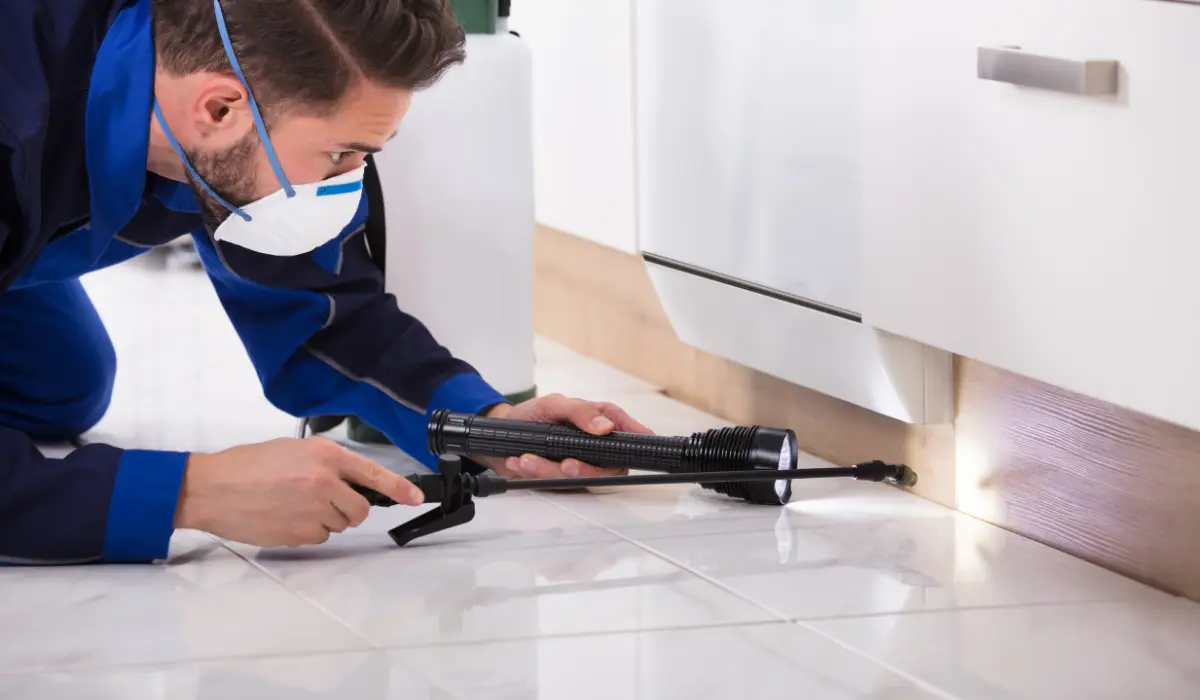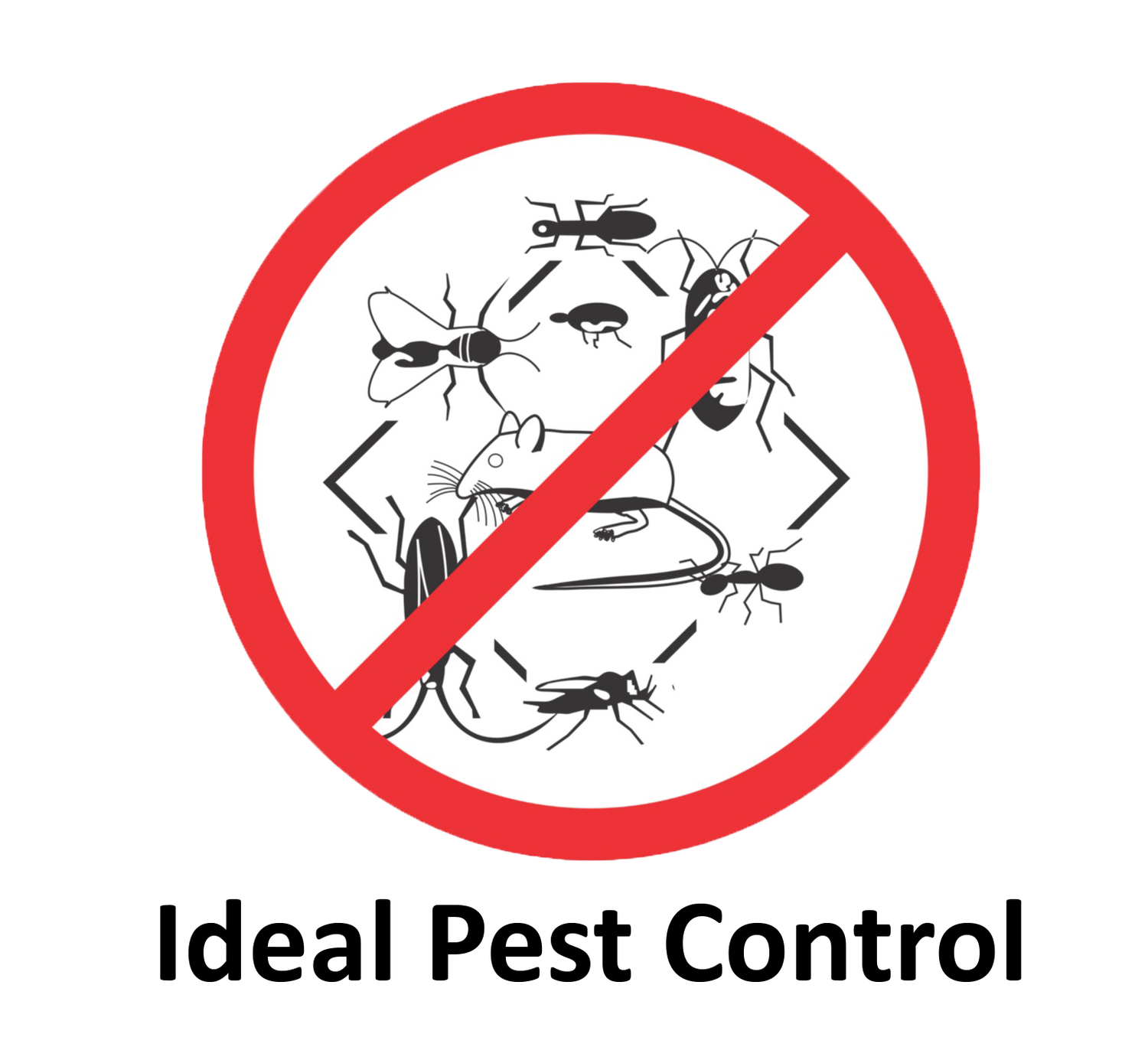Safe and Dependable Parasite Control for Lasting Security
The value of trustworthy and safe insect control can not be overstated, particularly in an era where environmental problems are paramount. Efficient bug management needs a multifaceted technique that balances eco-friendly honesty with the demand for reliable insect suppression. By checking out green solutions and incorporated parasite monitoring techniques, property owners can attain enduring defense versus intrusive varieties while protecting advantageous communities. The nuances of these methods may not be quickly clear, prompting a closer evaluation of the methods that can lead to lasting bug control end results. What steps can be taken to make sure both safety and security and efficacy in parasite management?
Comprehending Bug Control Techniques
Pest control includes a selection of methods intended at managing and removing undesirable pests and rodents that can endanger both health and wellness and property. Understanding these approaches is crucial for reliable insect monitoring.
The key categories of parasite control methods include mechanical, organic, and chemical methods. Mechanical methods involve physical obstacles and catches to avoid insect access and capture unwanted types. As an example, making use of screens on windows or employing sticky catches can considerably minimize pest populations without presenting unsafe substances.

Chemical parasite control is frequently the most identified method, using chemicals to get rid of pests. These chemicals can be efficient but should be used with care to prevent negative impacts on non-target varieties and the setting.
Advantages of Eco-Friendly Solutions
Just how can eco-friendly options change pest control methods? The fostering of environmentally friendly insect control techniques provides numerous benefits, significantly boosting the efficiency and security of bug monitoring.

Another benefit is the favorable effect on local biodiversity. Eco-friendly remedies are created to target specific insects while maintaining helpful bugs and wildlife, advertising a well balanced ecosystem. This technique straightens with the growing consumer need for sustainable methods, enhancing the track record of pest control suppliers.
Integrated Pest Administration Methods
The application of green solutions normally causes the adoption of Integrated Bug Management (IPM) approaches, which additionally improve pest control efficiency. IPM is a holistic technique that integrates numerous strategies to take care of parasite populations while minimizing environmental influence. This approach highlights making use of organic, social, mechanical, and chemical controls, making sure a balanced and sustainable method of pest monitoring.
One essential aspect of IPM is the extensive evaluation of pest task and environmental conditions. By monitoring pest populaces and identifying their life cycles, professionals can execute targeted treatments that interfere with the insect's environment or lifecycle, minimizing reliance on chemical pesticides. Furthermore, cultural practices such as crop rotation and environment adjustment can substantially reduce pest facility and recreation.
Another critical component is using biological control agents, such as useful pests or microbes, which can naturally reduce bug populaces. When chemical applications are essential, IPM prioritizes making use of low-risk pesticides and applies them selectively, decreasing exposure to non-target organisms and humans.
Incorporating IPM strategies not just boosts pest control efficiency but also promotes a much safer environment, lining up with the expanding demand for sustainable methods in parasite administration.
Safe Practices for Property Owners
Recognizing the importance of risk-free techniques in pest control can equip house owners to efficiently manage parasite problems while securing their health and wellness and the environment. Implementing non-toxic techniques and preventive procedures is critical in lessening exposure to unsafe chemicals.
Property owners must first assess their atmosphere for problems that bring in parasites, such as standing clutter, food, and water waste. Routinely cleaning and securing entry factors can hinder parasites from invading the home. Making use of all-natural deterrents, such as vital oils or diatomaceous earth, can provide reliable choices to chemical pesticides.
When chemical therapies are needed, homeowners ought to go with items that are specifically labeled as risk-free for residential use. It is important to adhere to application guidelines carefully to avoid overexposure. Utilizing targeted therapies in areas where parasites are identified, rather than blanket splashing, can significantly minimize chemical use.
Finally, preserving open interaction with parasite learn the facts here now control professionals is crucial. Home owners need to ask about the safety of products utilized and demand eco-friendly here are the findings choices whenever possible. By taking on these secure methods, property owners can develop a healthier living setting while properly managing parasite issues.

Tips for Long-Term Defense
Developing a pest monitoring technique that emphasizes long-term protection can greatly improve the efficiency of the secure methods previously reviewed. To accomplish this, homeowners need to implement regular inspections of their home, focusing on concealed areas such as attic rooms, basements, and crawl areas. Early discovery of parasite task is crucial in protecting against invasions from taking hold.
These practices reduce attractants that draw parasites into the home. Securing access factors, such as splits around home windows and doors, can successfully block potential insect gain access to.
Landscaping should likewise be considered; maintaining plants trimmed and keeping a distance in between plants and the home minimizes concealing spots for bugs. Utilizing natural deterrents, such as vital oils or diatomaceous earth, can better inhibit infestations without turning to rough chemicals.
Last but not least, collaborating with a specialist pest control solution for routine assessments can provide an additional layer of safety and security. These specialists can use tailored recommendations and progressed therapies, ensuring that your home remains secured against parasites in find more information the long term.
Final Thought
In final thought, trusted and safe parasite control calls for a diverse method that highlights green methods and incorporated parasite management. By carrying out natural deterrents, conducting routine examinations, and preserving appropriate hygiene, homeowner can substantially lower parasite populaces while shielding advantageous pests and the setting. Cooperation with expert bug control solutions enhances the performance of these strategies, ensuring tailored options that offer enduring security and peace of mind versus future problems.
Effective parasite administration needs a diverse strategy that stabilizes eco-friendly honesty with the requirement for effective parasite reductions. The fostering of eco-friendly parasite control methods offers countless advantages, considerably boosting the efficiency and security of parasite administration.The execution of eco-friendly solutions naturally leads to the adoption of Integrated Pest Management (IPM) techniques, which even more enhance bug control effectiveness. exterminator coquitlam. By monitoring insect populaces and recognizing their life cycles, practitioners can carry out targeted treatments that interfere with the bug's environment or lifecycle, decreasing reliance on chemical pesticides.In conclusion, reliable and secure bug control calls for a multifaceted method that emphasizes eco-friendly techniques and integrated bug administration